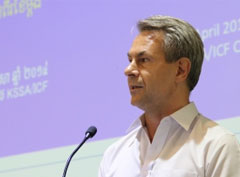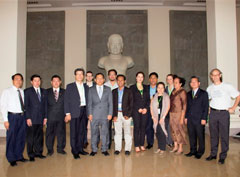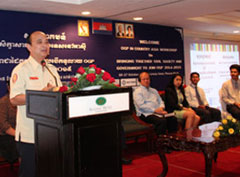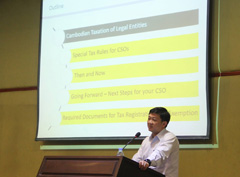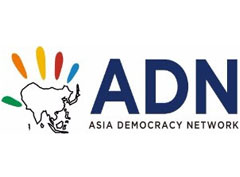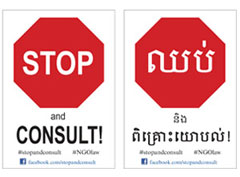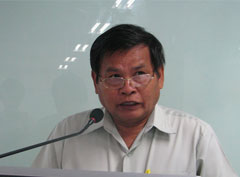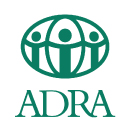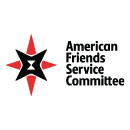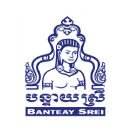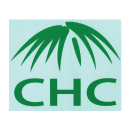Joint Statement of Civil Society Organizations on the adoption of the Law on Associations and Non-Governmental Organizations
Phnom Penh -18 August : We, the undersigned civil society organizations (CSOs) remain deeply concerned about the Law on Associations and Non-Governmental Organizations (LANGO) because the draft law did not take into consideration since 2011 the concerns raised by concerned stakeholders. The process that characterized its adoption and the content of this law undermine democracy and could severely impair the exercise of the rights to freedom of association, freedom of assembly and freedom of expression.
Two consultations were conducted by the Ministry of Interior in 2011 with few inputs and concerns taken into consideration in the 4th version. Since then, the Royal Government of Cambodia refused to make the new draft law public and consult with CSOs. The 5th and final version of the LANGO which was officially released three days before the adoption by the National Assembly, added further controversial provisions. The workshop conducted by the National Assembly with CSOs on 8 July 2015, just few days before the scheduled vote meeting, was a nominal consultation in terms of time and process. Many questions and concerns from CSOs remained unanswered.
The LANGO contains provisions that unlawfully restrict freedom of association, assembly and expression, as well as the right to participate in public life. More than 10 articles of the LANGO need to be carefully and fully reviewed, and several need to be rephrased or reworded. The following articles are of particular concern:
- Article 8 provides arbitrary authority to the Ministry of Interior to deny the registration of a domestic association or NGO, including on the broad ground of deeming that the purpose and objective of an association or NGO ”could adversely affect public security, stability and order, or generate a threat to national security, national unity, or the culture, traditions and good customs of Cambodian national society”;
- Article 9 of the LANGO imposes mandatory registration for all domestic associations and NGOs. Onerous registration requirements are stated in other provisions, including article 6. Organizations that are not registered are not allowed to conduct any activity. The law also criminalizes unregistered groups conducting activities. This is a direct violation of Article 22 of the International Covenant on Civil and Political Rights (ICCPR);
- Article 24 requires all domestic NGOs, foreign associations and foreign NGOs to be neutral toward all political parties in the Kingdom of Cambodia, under the threat of de-registration. This constitutes a direct violation to the right to freedom of expression as guaranteed in Article 19 of the ICCPR and freedom of opinion as provided for in
- Article 41 of the Constitution;
- Article 35 contains vague grounds for termination of memorandum of understanding entered with foreign associations and NGOs. This allows subjective interpretation, which may lead to abuses in cases of activities critical towards the authorities.
Having a bad law is worse than having no law. We reaffirm that the LANGO is unacceptable, and by impairing the capacity of civil society to operate in Cambodia will ultimately have a damaging impact on all Cambodian citizens.
Other Latest News
Civil society discuss, share updates of first quarter of 2014
Phnom Penh (April 01, 2014) – Senior representatives of NGOs working in Cambodia discussed and shared progress of first quarter of 2014 in a bi-monthly meeting at the Korean Society for Service in Asia (KSSA).
International Delegation Tours Cambodia to Promote Civic Space
Phnom Penh (October 7, 2014) – International delegates from seven global civil society networks have arrived in Cambodia to meet with local non-profit organizations, international development partners and the government to discuss growing restrictions on civil society activities in the country.
Representatives from Government and CSOs Meet, Discuss on Open Government Partnership (OGP)
Phnom Penh (October 16-17, 2014) –Around 150 senior representatives from Indonesia, the Philippines, Vietnam, and as well as Cambodia are attending the two-day workshop on Open Government Partnership which focuses on the following objectives . . .
TAXATION WORKSHOP
The Taxation Law of Cambodian is the duty of imposing charges on citizens and corporate entities that must be implemented. It's the huge risk factor for CSO if they don't apply to Taxation Law.
Statement of the International Conference on the 25th Anniversary of the 1991 Paris Peace Accords on Cambodia
We, the participants in the International Conference on the 25th Anniversary of the 1991 Paris Peace Accords on Cambodia (“the Paris Peace Agreements”), recall the importance of the obligations contained in the 1991 Paris Peace Agreements, which brought an end to decades of conflict and civil war in Cambodia, and laid the framework for a prosperous and peaceful future, based on human rights, participatory democracy, and the rule of law.
The fourth draft includes concerning threats to freedoms of association and the ability of civil society organizations to support Cambodians.
The fourth draft includes concerning threats to freedoms of association and the ability of civil society organizations to support Cambodians. .
Senior Representatives of CSOs Meet to Promote Effective NGO Governance and Good Internal Relationships
Phnom Penh (October 16-17, 2014) – Around 70 senior representatives who are board members and management staff from local and international NGOs working in Cambodia today met and discussed at a two-day workshop on “Promoting Effective NGO Governance and Good Relationships between Boards and Executive Directors” at Cambodia-Korea Cooperation Center (CKCC), Royal University of Phnom Penh.


